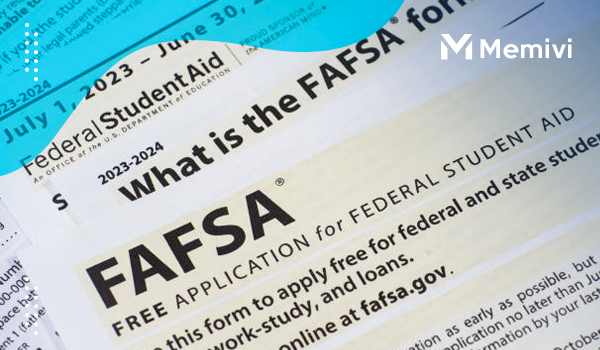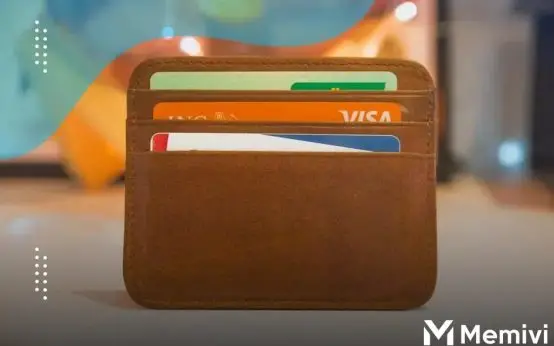FAFSA plays an important role in the lives of students abroad, offering crucial financial aid that helps them cover the cost of education.

Understanding how to navigate the FAFSA process can make a significant difference. Let’s explore the essentials you need to know.
Understanding FAFSA: What You Need to Know
The FAFSA (Free Application for Federal Student Aid) is crucial for students planning to study abroad. It helps determine eligibility for financial aid, including grants, loans, and work-study programs. To complete the FAFSA, students need their Social Security Number, tax returns, and bank statements.
Knowing how to accurately fill out the application can impact the amount of aid received. Students should ensure all information is correct and up-to-date. Using estimates can be risky, so use accurate data.
Not all study-abroad programs qualify for federal student aid. Students must check if their institution participates in the federal student aid programs. The FAFSA website provides a list of eligible institutions.
Besides federal aid, completing the FAFSA can also open up opportunities for state and institutional aid. Some scholarships and grants, even from private organizations, require a completed FAFSA as part of their application process.
Tips for Maximizing Your FAFSA Benefits Overseas

One crucial step in making the most out of your FAFSA benefits while studying abroad is to research eligible programs and schools. Not all international institutions are approved for federal student aid, so ensure your chosen school participates in the FAFSA program. To confirm, check the Federal Student Aid’s website or contact the school’s financial aid office.
It’s also helpful to familiarize yourself with the exchange rates and cost of living in your host country. This knowledge will help you create a more accurate budget, accounting for your educational and personal expenses. Use online tools and resources to estimate these costs and plan accordingly.
When it comes to submitting your FAFSA application, aim to file early. International applications can sometimes be more complex due to differing academic calendars and time zones. Submitting early gives you ample time to navigate these complexities and rectify any issues that may arise.
Additionally, be mindful of any foreign income you might earn while abroad. If you work part-time during your studies, this income may need to be reported on your FAFSA. Reach out to your financial aid office for guidance on how to properly report this without affecting your eligibility for maximum benefits.
Lastly, make sure to keep all your documentation organized. This includes your acceptance letters, financial aid award letters, and any correspondence with your school’s financial aid office. Proper documentation will make it easier to manage your finances and ensure you receive the full benefits of your FAFSA awards.


 Evaluating Annual Fees vs. Benefits: Your Ultimate Guide
Evaluating Annual Fees vs. Benefits: Your Ultimate Guide  How to Detect Unauthorized Transactions and Protect Yourself
How to Detect Unauthorized Transactions and Protect Yourself  Common Mistakes That Reduce the Value of Rewards
Common Mistakes That Reduce the Value of Rewards